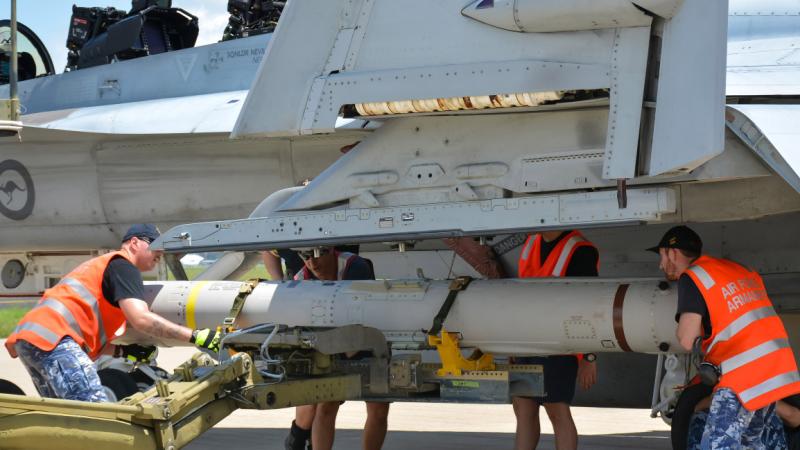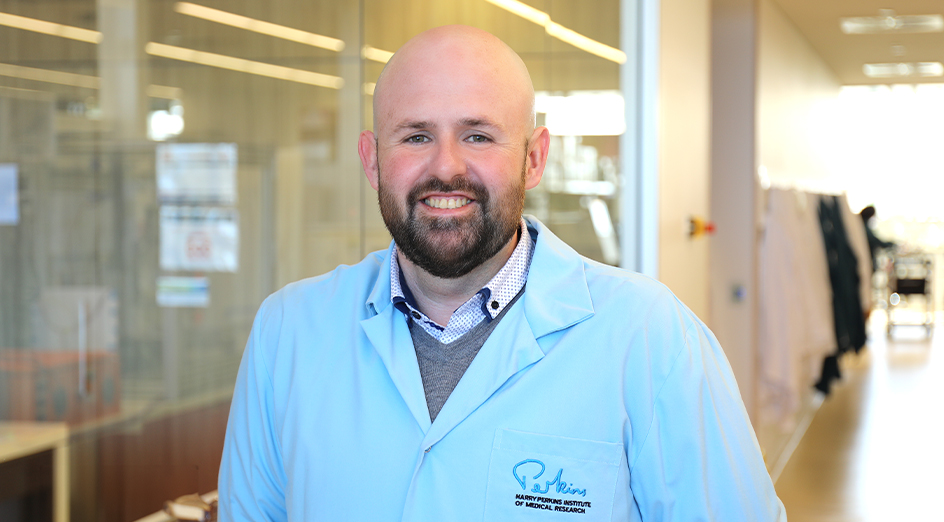The Chair of the Productivity Commission says merging two of South Australia’s universities would deliver benefits to the state’s economy.
Adrian Tembel told the Committee on the Establishment of Adelaide University the merger could also accelerate reforms to the sector that the Productivity Commission has been calling for.
“If it can be a catalyst for important change in the universities so they are more integrated with our economy and business, then we absolutely acknowledge the merit of doing so, and that is sound economic policy,” Mr Tembel said.
“If a merger was competently executed, then that catalyst for change could accelerate the reforms that we were recommending.”
Echoing comments Business SA chief executive, Andrew Kay, made on Monday, Mr Tembel said the merger would assist South Australia to gain the skills it needs to deliver the AUKUS program.
“Well, we’re firmly of the view, whether it’s AUKUS or other potential industrial impact, that a university that is more entrepreneurial and is driven by, as I said, the functions in this draft bill with more funding for productive research and that is highly motivated, incentivised to have local industrial impact will be positive,” he said.
“It’s not just a question of creating outstanding graduates, but giving them a stepping stone to remain in the state before they become integrated with the external economy.
“If that is done and that talent is kept and contained in the state, that will likely give rise in the future to higher wages.”
As put by Susan Close
The evidence provided to the committee by the Productivity Commission further highlights the benefits the merger will have for South Australians and the state’s economy.
It will enable the state to better synchronise education, business and the economy which will lead to more highly skilled and better paid jobs.
By 2034, the new university is forecast to contribute an estimated additional $500 million per year to the South Australian economy, educate more than 70,000 students – about 13,000 more than both universities combined today – and create an additional 1,200 jobs.
We are also partnering with industry and the state’s education institutions – including schools, training providers and universities – to ensure South Australians are well-equipped to take up the skilled roles coming online in our growing defence industry and emerging hydrogen and renewables sector.







